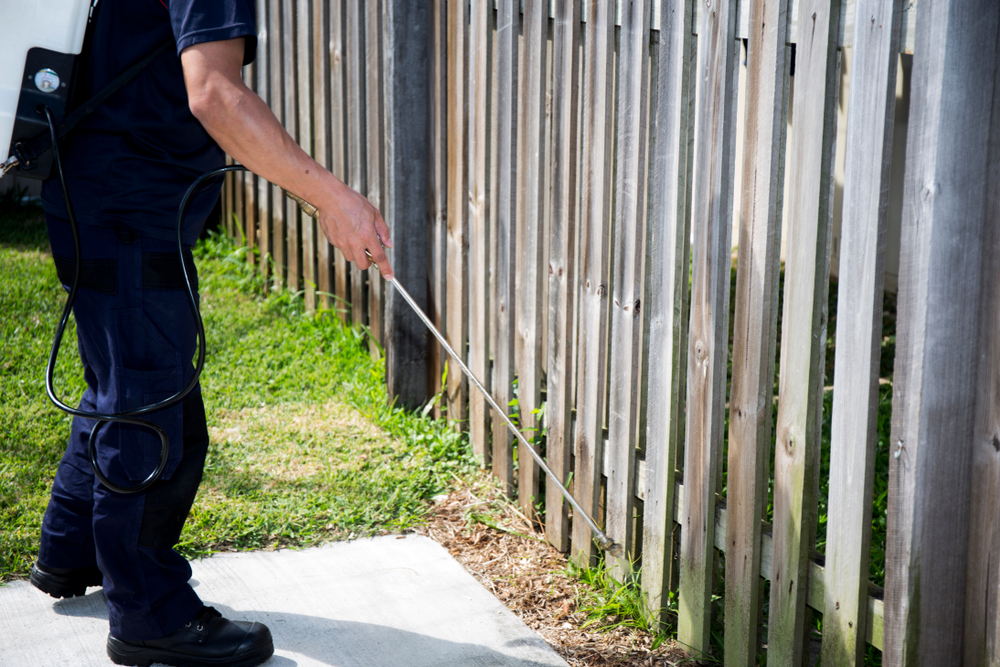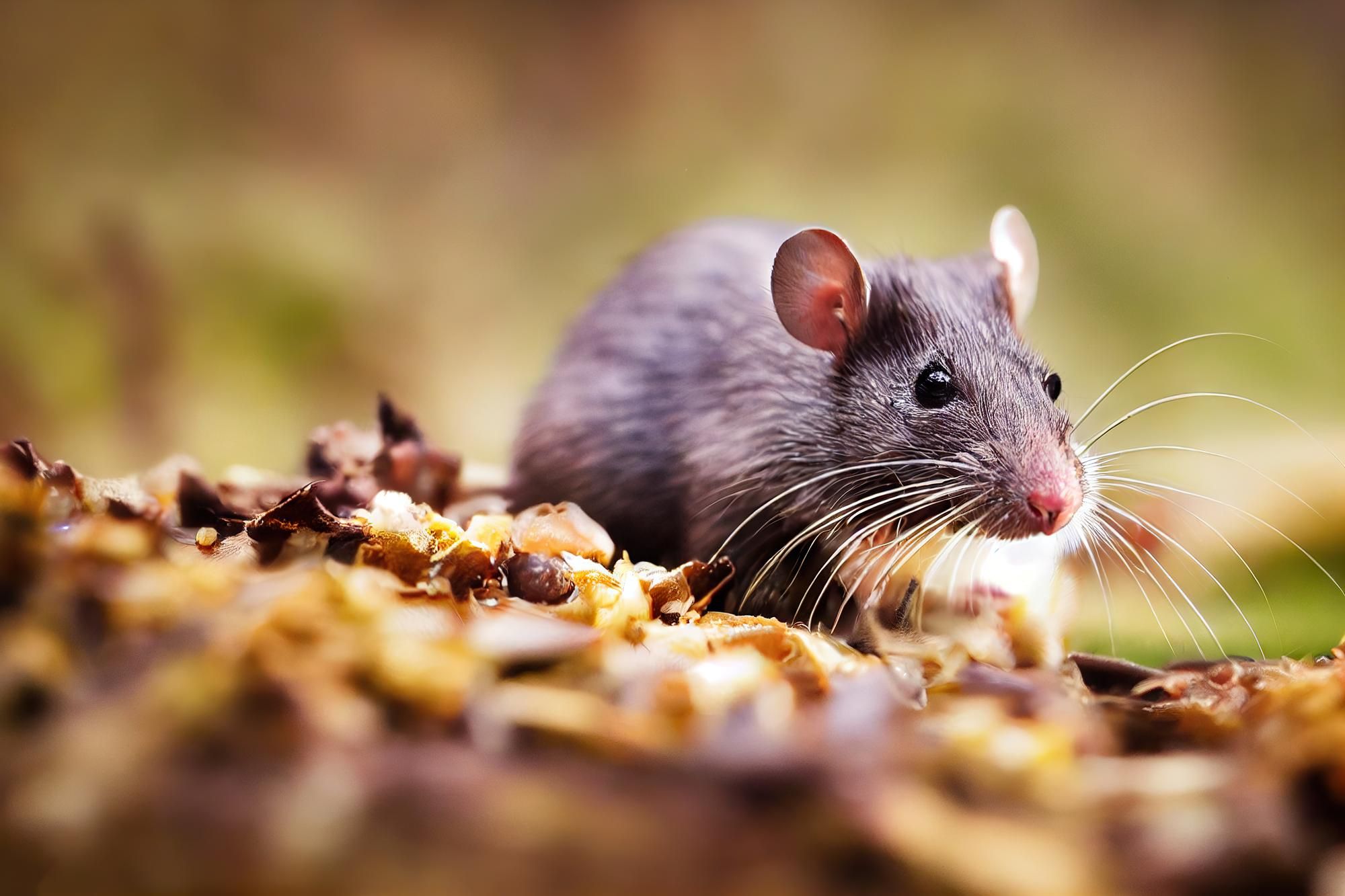Effective pest control in North Florida is crucial for maintaining a healthy and comfortable living environment. It helps prevent the spread of diseases carried by pests and safeguards homes and agricultural areas from infestations, ensuring a safe and thriving community.
Addressing the common myths and misconceptions surrounding pest control is essential for promoting accurate information and informed decision-making. By dispelling these myths, individuals can understand the true nature of pest control and the importance of professional services. Providing clear explanations and factual evidence helps to debunk misconceptions, enabling people to make informed choices about pest control measures that are effective, safe, and sustainable.
Myth 1: DIY methods are as effective as professional pest control
One common misconception is that do-it-yourself (DIY) methods are just as effective as professional pest control when it comes to dealing with pests. However, this myth can be debunked by considering several key factors.
First and foremost, professional pest control technicians undergo extensive training and have a deep understanding of pest behavior, biology, and the most effective treatment methods. They are equipped with specialized tools and products that are not readily available to the average homeowner.
Moreover, professionals have access to advanced pest control techniques and strategies that are tailored to specific pest infestations. These comprehensive approaches take into account factors such as the type of pest, the severity of the infestation, and the potential health risks involved.
While some DIY methods may provide temporary relief, they often fail to address the root cause of the problem or eliminate pests entirely. Therefore, when it comes to effective pest control, seeking the expertise of professionals is highly recommended.
Myth 2: Pest control treatments are harmful to humans and pets
This myth suggests that pest control treatments pose significant risks to the health of humans and pets. However, it is important to recognize that professional pest control companies prioritize the safety of their clients, both human and animal.
Modern pest control techniques and products have undergone extensive research and development to ensure their effectiveness while minimizing potential harm. Professional technicians are trained to apply treatments in a targeted manner, focusing on specific areas where pests are present, which helps minimize exposure to humans and pets.
Additionally, reputable pest control companies utilize environmentally friendly and low-toxicity products that are approved for use in residential and commercial settings. They follow strict guidelines and regulations to ensure the safe handling and application of these treatments.
However, it’s crucial to follow the instructions provided by the professionals and take necessary precautions such as temporarily relocating pets during the treatment process. By relying on professional pest control services, you can address pest issues effectively while minimizing any potential risks to the well-being of humans and pets.
Myth 3: Pest control is only necessary when there is an infestation
Contrary to popular belief, pest control is not solely required when an infestation is already present. In reality, proactive pest control measures are essential for maintaining a pest-free environment and preventing infestations from occurring in the first place.
Pests such as rodents, insects, and ants are constantly seeking sources of food, water, and shelter, and they can enter properties unnoticed. Regular pest control inspections and treatments help identify and address potential vulnerabilities before they escalate into full-blown infestations.
By implementing preventive measures, such as sealing entry points, removing potential food sources, and using barriers and traps, you can significantly reduce the risk of pests infiltrating your home or business. Moreover, pests can pose health risks and cause property damage even in small numbers.
Regular pest control can help safeguard your health, protect your property, and provide peace of mind. Therefore, considering pest control as an ongoing preventive measure is crucial for long-term pest management and maintaining a pest-free environment.
Myth 4: Pest control is a one-time solution
One common misconception is that pest control is a one-time solution that permanently eliminates pests. However, the reality is that pests have the ability to reproduce rapidly and adapt to changing environments, making it unlikely for a single treatment to completely eradicate them.
Pest control should be viewed as an ongoing process rather than a one-time fix. Even after initial treatment, there may be eggs, larvae, or hidden pests that were not targeted, which can lead to a reinfestation if left unchecked.
Additionally, pests can be introduced from external sources, such as neighboring properties or the environment. Regular inspections, monitoring, and follow-up treatments are necessary to ensure long-term pest management.
Pest control professionals are trained to assess the severity of infestations, develop customized treatment plans, and provide ongoing maintenance to prevent the return of pests. By establishing a regular pest control schedule and implementing preventive measures, you can significantly reduce the risk of future infestations and maintain a pest-free environment.
Myth 5: Natural and home remedies are sufficient for pest control
It is a common belief that natural and home remedies alone are sufficient for effective pest control. However, while natural remedies can provide some temporary relief, they are often not enough to completely eliminate pests and address the underlying infestation. Many household pests, such as termites, bed bugs, and rodents, require targeted and specialized treatments to effectively eradicate them.
Professional pest control companies have access to a wide range of proven and scientifically tested products that are specifically designed to target and eliminate pests. These products often have a higher potency and efficacy compared to natural remedies. Pest control professionals also have the knowledge and expertise to accurately identify the pest species, assess the extent of the infestation, and determine the most appropriate treatment method.
While natural remedies can be used in conjunction with professional pest control treatments as a complementary approach, relying solely on them may result in incomplete elimination of pests, allowing them to persist and multiply.
Moreover, some pests can pose health risks, and attempting to control them without proper knowledge or equipment can lead to accidents or unintended consequences. Pest control professionals are trained to handle hazardous situations and prioritize safety while effectively controlling pests.
In conclusion, while natural and home remedies can be used as part of an overall pest control strategy, they are often insufficient on their own. To ensure a thorough and lasting solution, it is best to consult with professional pest control experts who can provide tailored treatments and expert advice based on the specific pest infestation.




